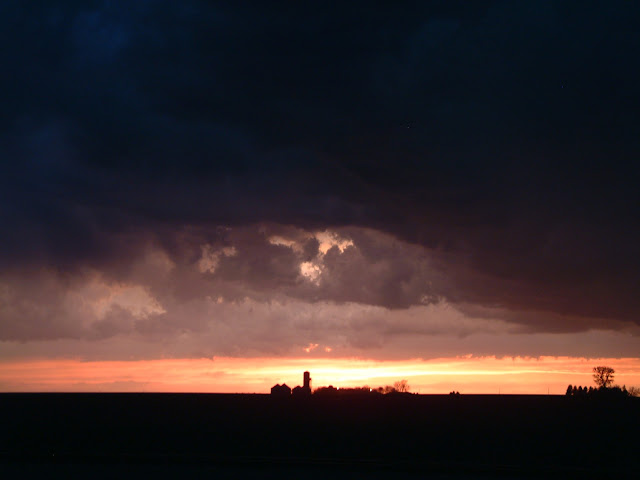In September of 2009, President Barack Hussein Obama asked if schools would allow him to speak to kids from Bangor to Bellflower, all across the length and breadth of this land. It was a novel idea, although what he said in that twenty-minute speech was not. He urged kids to take advantage of what their education was offering, to work hard, to succeed, to aim at excellence in everything they would do during that school year.
Few parents would have advised anything different, I'm sure. The President spoke to them as if they were his kids--and, in a sense, they were.
My grandkids' school chose not to pipe in the President's speech. The administration felt that what those students were learning during those twenty minutes was more important than what they might have learned from the man who had become their President several months before.
I thought then--and still do today--that not allowing the students to hear their President was bigoted, definitely anti-Democrat. Today, I can't help thinking it was even, at some level, racist. Don't get me wrong--the school principal didn't spout the n-word or speak despairingly about African-Americans. He didn't discriminate against the few Black students who attended. He wore no hood nor did he burn crosses. But not allowing Obama, their new President, to speak to the kids was its own kind of bigotry. If I were African-American--or Native American--I'd likely be quicker to say it was, well, racist.
I thought then--and still do today--that by not allowing students to listen sidestepped fall-out from parents and constituency overwhelmingly Republican. People hated Obama with a virulence that grew out of fear. His being President was yet another indication that America was falling away from righteousness, losing its moral compass.
The political specifics were tethered to the issue of abortion, I'm sure. I've said before that in 2008, my grandson, a kindergartner, came downstairs where I was working, hiked up into my lap, and told me Obama was a baby-killer. He was in kindergarten. I'm sure he didn't hear that from a teacher or the principal; nor did he hear it at home. But neither did he did dream it up, which suggests he heard from fellow five-year-olds who didn't dream it up either. Hate and fear were in the air, hate rising from fear that Barack Hussein Obama, an African-American muslim, represented something foreign, something other than us.
There always was and likely always be a ying and yang in our worlds, some who advocate for change and some who refuse it, progressives and conservatives, Democrat and Republican, with or without the capital letters. I'm old enough to remember the carnage of the Sixties, when a Beatles haircut was an overt political statement, when peacenik bell-bottomed kids--and I was one--found getting along with Mom and Dad to be a trial. Power to the people!
We live in a divided world again now, one side glued to Fox News, and most others watching CNN or MSNBC. Some believe anything Tucker Carlson says, others bemoan his very presence.
Me?--I think as a country and as a people we're in more danger now than we were in 1968. Half the Republicans in the nation believe "the Big Lie" because an ex-President claims it is. As one commentator said, white nationalists don't even wear a hood these days; they carry Christian flags and pray from the Senate Rotunda after breaking in.
Some commentators, including some Christian commentators, claim our greatest danger these days is giving in to Christian nationalism, conservatives who, like Marjorie Taylor Greene, believe they are acting in the name of the Lord God almighty, people who pray, people who quote scripture, people who operate under the delusion that the New Testament is about something other than loving your fellow man.
I can't help but think that a decision my grandkids' principal made thirteen years ago was a vivid, early indicator of latent bigotry at the base of a great deal of political agitation then and now. Not to identify that decision for what it was--and for what it is--is far more dangerous than Obama ever was.



























.jpg)


